We stand on the cusp of a financial milestone: the emergence of the world’s first trillionaire. In a world where billionaires jet-set the globe, a new summit is about to be reached.
Oxfam International’s startling projection places this event happening within the next decade, spotlighting the top five richest individuals whose fortunes have impressively doubled since 2020.
Elon Musk’s Meteoric Rise
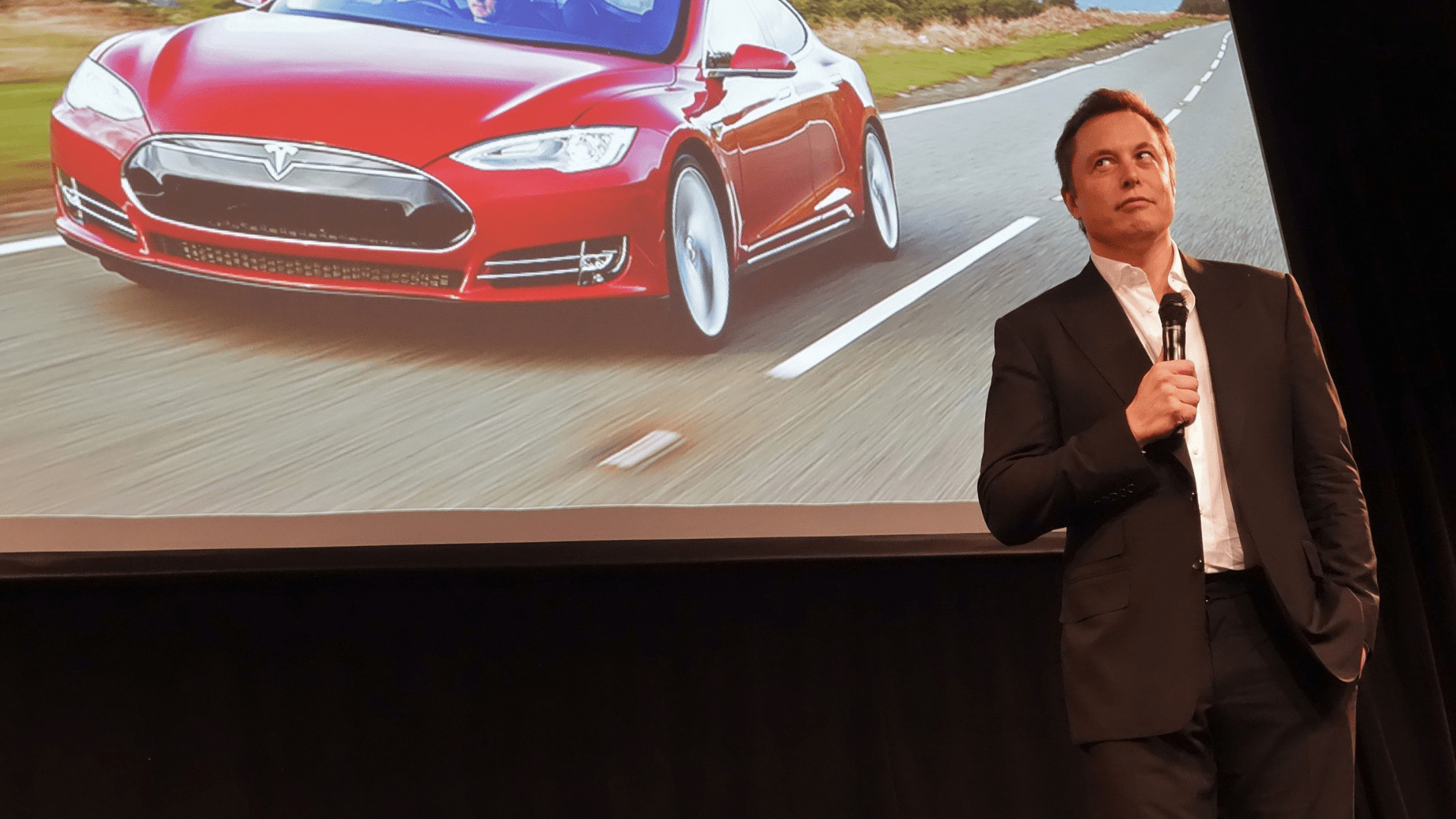
According to Oxfam International’s report, Elon Musk, known for his role in Tesla and SpaceX, has seen his wealth skyrocket by an average of 162% annually over the past five years.
With his innovative ventures within the transportation and space exploration space propelling him forward, Musk is poised to hit the trillionaire status by 2032. This astronomical growth in fortune underscores the potential for breakthrough innovation to yield unprecedented financial rewards.
Bernard Arnault’s Luxury Empire
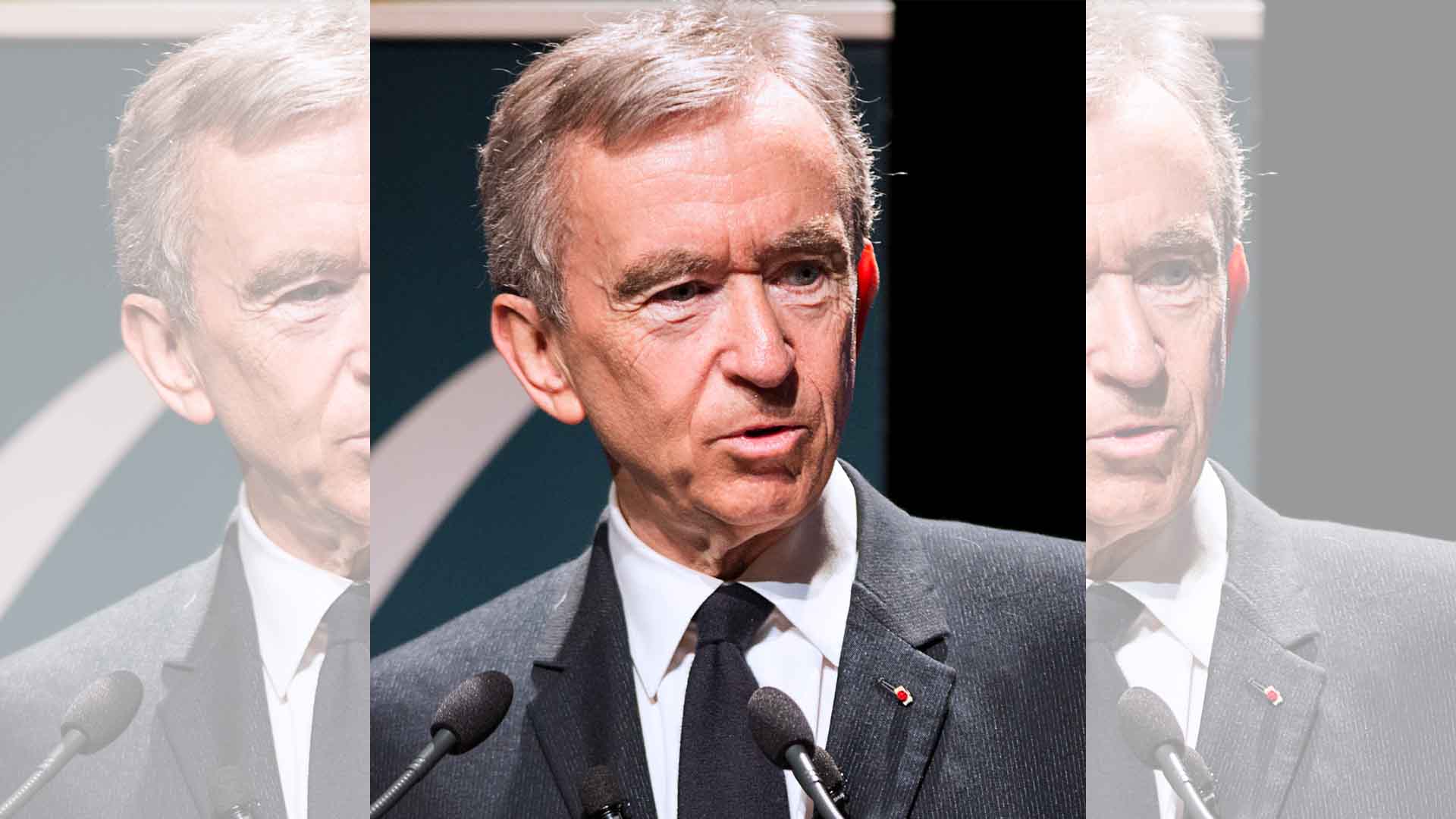
Bernard Arnault, the magnate behind LVMH, showcases the power of luxury and brand prestige.
With an annual wealth growth rate of 22% since 2019, Arnault’s empire of over 70 luxury fashion and beauty brands has catapulted him toward the trillion-dollar mark, projected to be reached by 2033.
Jeff Bezos’ Space Dreams
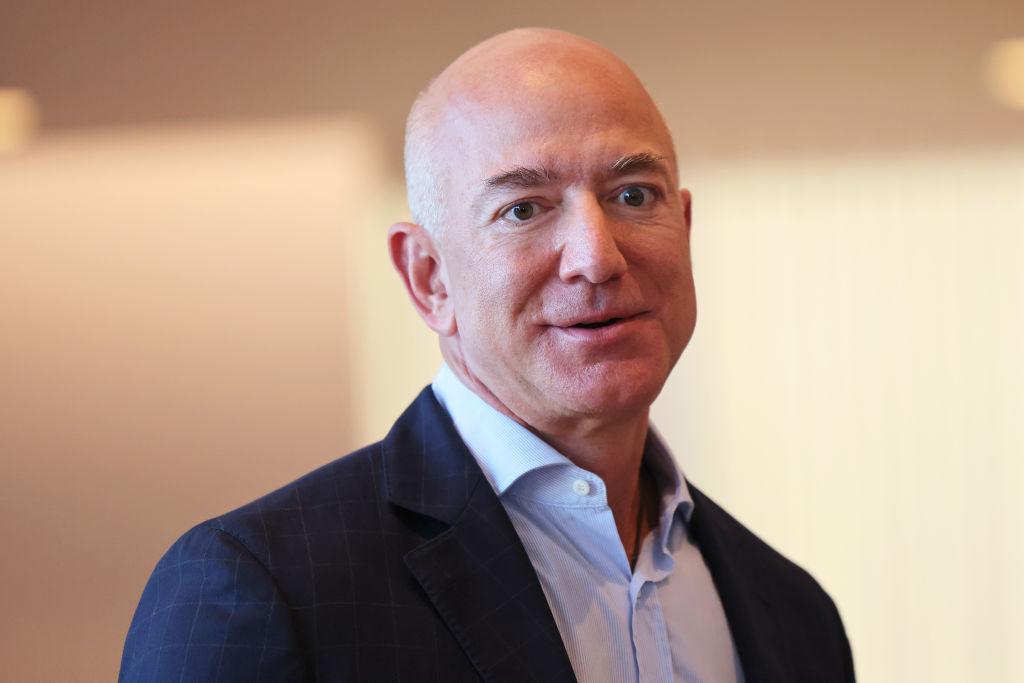
Jeff Bezos, the mastermind behind Amazon, has expanded his horizon beyond e-commerce to the stars with his space venture, Blue Origin.
Despite his wealth growing at a slower pace of 1% annually since 2019, Bezos is still in the running, potentially reaching trillionaire status by 2034. His diversification into space exploration and media reflects the evolving landscape of global entrepreneurship and investment.
Larry Ellison’s Software Saga
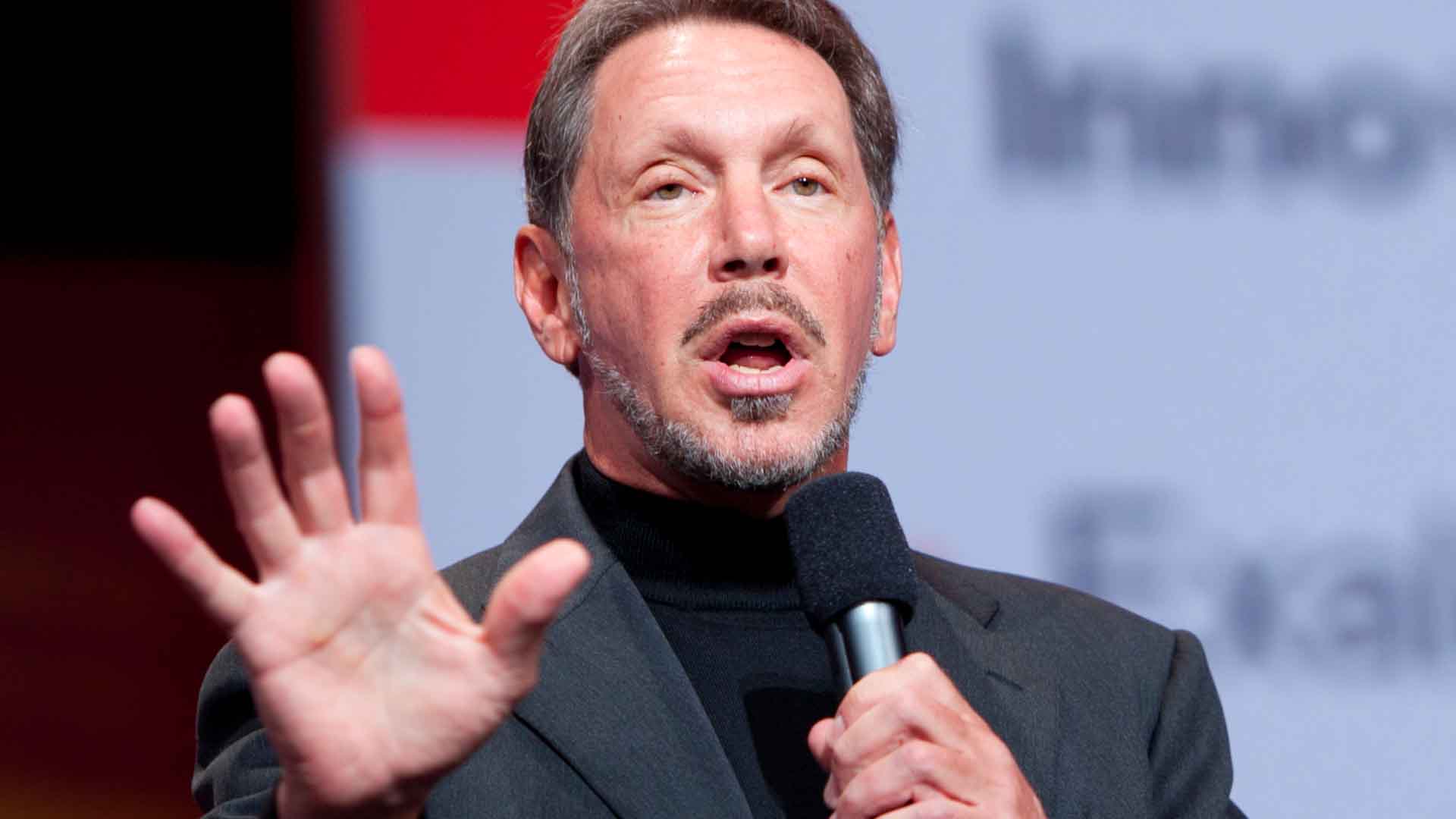
Larry Ellison, the Oracle co-founder, has turned software into gold, with his fortune growing by 18% annually.
With his eyes set on the trillion-dollar prize by 2035, Ellison’s journey from software innovation to yachting and beyond highlights the diverse interests and investments that can build monumental wealth.
Warren Buffett’s Consistent Climb
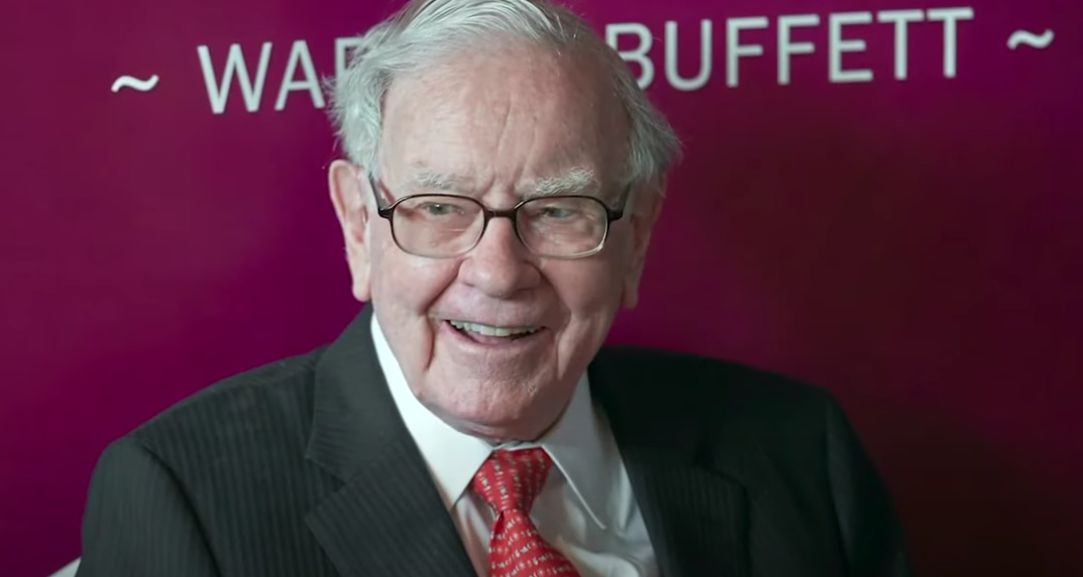
Warren Buffett, known as the “Oracle of Omaha,” has built his wealth steadily, seeing a 4% annual increase since 2019.
His potential move to trillionaire status by 2036 exemplifies the power of long-term investment and financial wisdom in building enduring wealth.
Challenges on the Path

While the path to a trillion dollars may seem straightforward for these billionaires, obstacles are still a factor.
From family dynamics and charitable giving to the impact of unknown global economic forces, the journey is full of potential detours. Understanding these challenges provides a grounded perspective on the realities of extreme wealth accumulation.
The Ethics of Extreme Wealth

The emergence of a potential trillionaire comes to light amid increasing global wealth gaps, raising ethical questions concerning vast personal fortunes.
How do these economic achievements align with the wider ethical landscape of global poverty and inequality? The role of philanthropy and responsible investment practices, which include sustainable development and impact investing, are key considerations in addressing these questions.
The Impact of Philanthropy
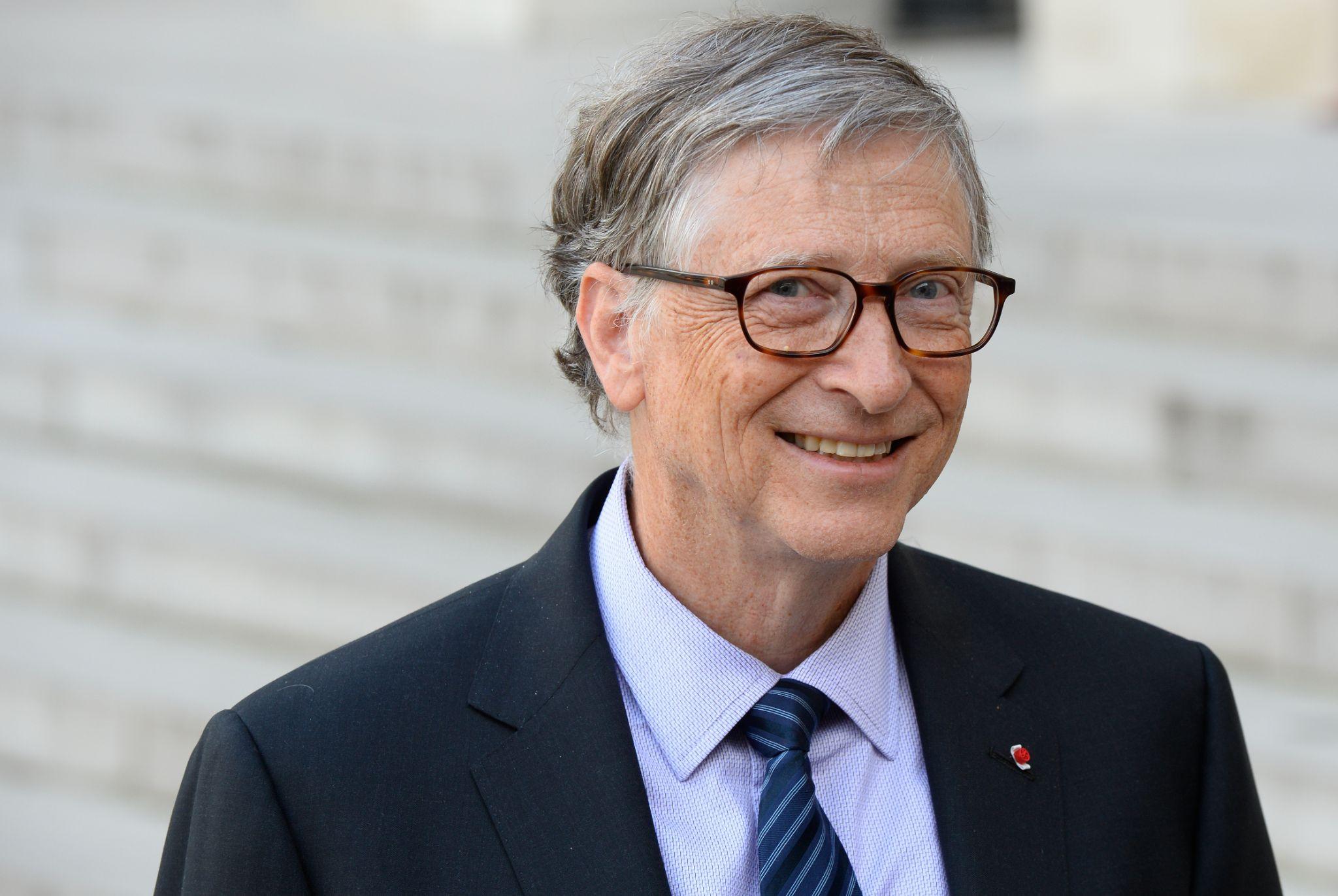
Speaking more of philanthropy, it plays a complex role in the lives of the super-rich. Figures like Bill Gates and Buffett have pledged vast portions of their wealth to charitable causes, influencing their potential to reach trillionaire status.
On one hand, such charitable giving can be seen as a noble act and a way for the ultra-wealthy to give back. On the other hand, it also raises questions about tax avoidance and whether charitable giving is an effective tool in addressing systemic issues of poverty and inequality.
The Future of Wealth

As technological advancements and shifting global markets occur, the landscape of wealth is undergoing dramatic transformations. In the near future, industries such as artificial intelligence, renewable energy, and biotechnology may become the new frontiers for billionaire pioneers.
This transition not only changes the source of wealth but also challenges our understanding of value creation. In this evolving scenario, the strategies that led today’s tycoons to their fortunes may become outdated, paving the way for a new generation of wealth creators.
Public Perception and Influence

While some view these ultra-wealthy individuals as icons of success and innovation, others see them as symbols of a growing divide between the rich and the poor, not to mention gender pay gap discrepancies, with women continuing to earn (on average) 16% less than men in 2024. Their influence extends beyond their financial holdings into cultural, political, and social realms, shaping trends, opinions, and policies.
This individual impact raises questions about the balance of power in society and the responsibility that comes with immense wealth. The societal shift toward scrutinizing the ethical implications of wealth accumulation reflects a changing narrative around success and prosperity.
The Race Beyond the Billionaires

While Elon Musk, Jeff Bezos, and others are currently leading the race to trillionaire status, history teaches us that the front-runner is not always the victor. As mentioned, emerging industries, unforeseen economic shifts, and innovative breakthroughs could catapult someone entirely off the current radar to the forefront of wealth.
The idea of a trillionaire, once a far-off fantasy, is now on the horizon, signaling the dawn of a new era in global wealth. As we approach this turning point, it brings with it discussions surrounding the implications for society, the economy, and the ethical dimensions of wealth.
